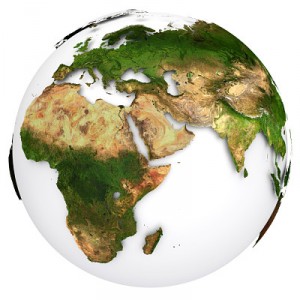ED: What have 8 billion human beings (& unlimited Arts Intel) discovered in first 10 years of global education laureates existing 2013 thanks to first lady of qatar
2016 at year 1 review of the sdgs - 9 education lumninaries : teaching community practices of all this will requite total change to education and digital cooperation - now in 7th year 9 interacting components of UN2
dec 2019 death of sir fazle ; jan 2020 start of covid ....
2023 can we take down the 7 biggest errors of 21sr c starting with global media design up to summer 2023 -new college year will start with stidents seeing their greatest storytellers sdgmetaverseprize.org
2023 https://www.linkedin.com/pulse/global-media-most-dangerous-thing-ever-invented-chris/
and as a nation says goodbye to the best ever vice chnacellor a university ever led (apart from abed himself) - what next bangla and banker

 In the year 1972,
In the year 1972, 